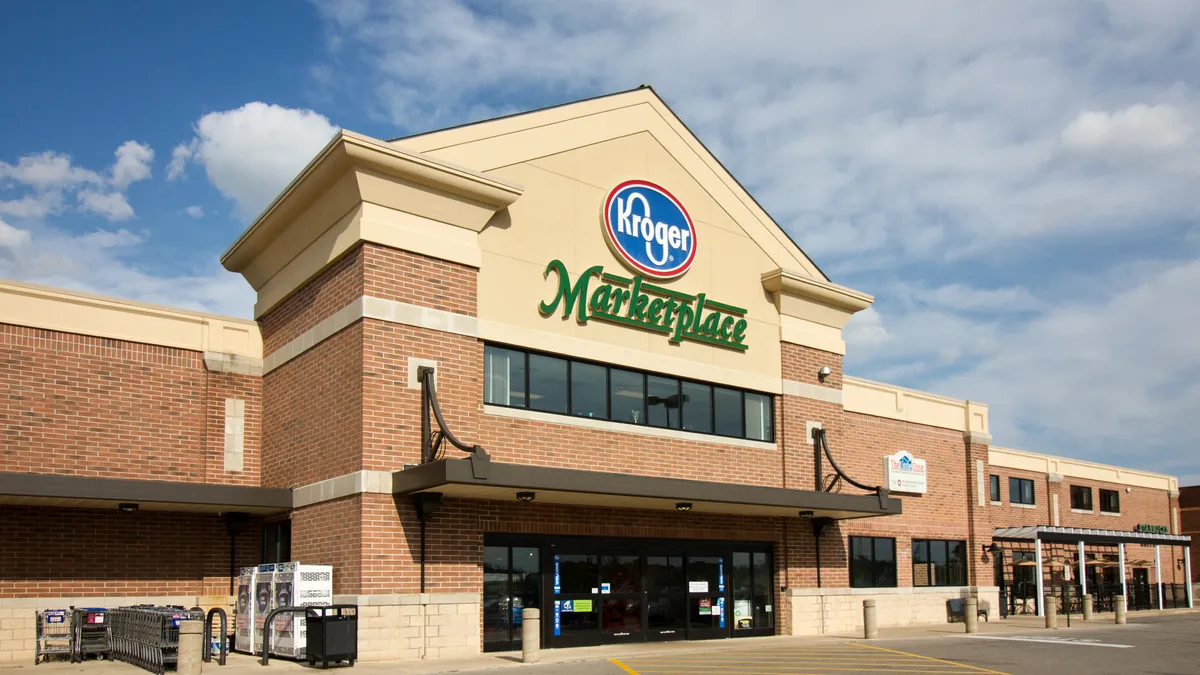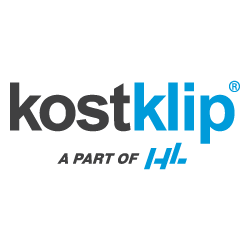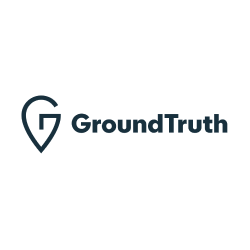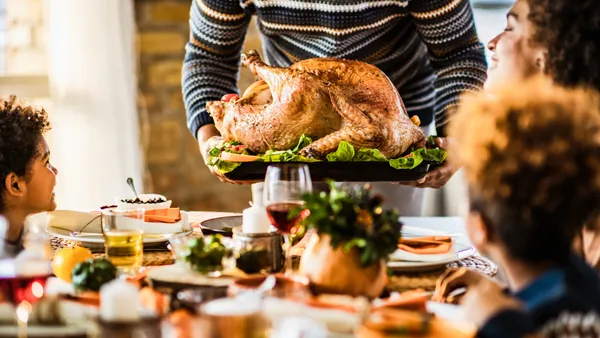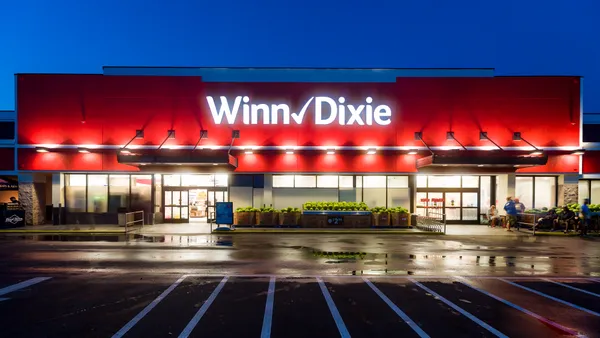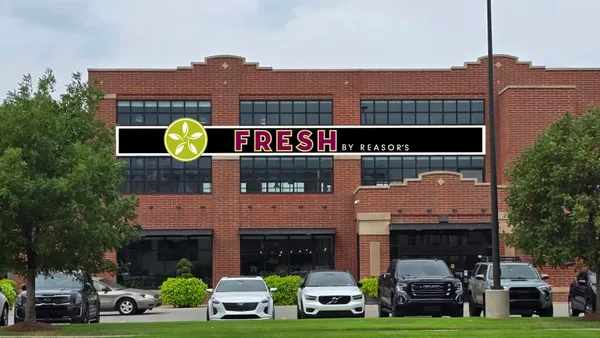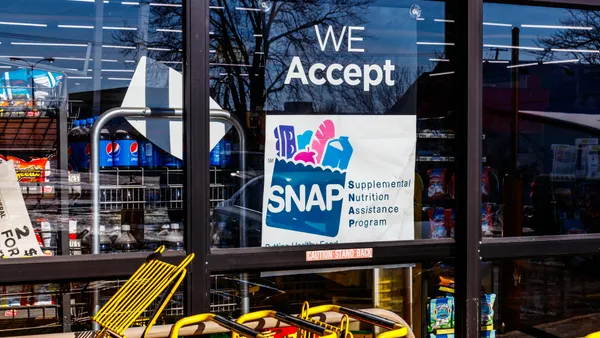Dive Brief:
-
Kroger reported fourth-quarter identical sales growth of 10.6% and a loss of 10 cents per share, according to a company press release. The company’s digital sales for the quarter rose 118%, ahead of its full-year growth rate. The grocer reported a profit loss for the quarter due to a $989 million pretax charge for commitments to the United Food and Commercial Workers pension fund.
-
Identical sales for fiscal 2020 increased 14.1% while digital sales grew 116%. Full-year operating profit totaled $2.8 billion.
-
For fiscal 2021, Kroger expects identical sales will decline 3-5% on a year-over-year basis but will increase between 9.1% and 11.1% on a two-year basis. It expects operating profits to grow at a compounded annual rate of between 5.4% and 8.5%.
Dive Insight:
Kroger's adjusted earnings per share of 81 cents and its identical sales growth for Q4 beat Wall Street estimates, sending the company's stock up around 2% in Thursday trading.
Like all other publicly traded grocers, Kroger faces tough sales comparisons as it begins to lap record results from 2020 driven by the pandemic. Executives expressed confidence in the company’s momentum, noting trends in at-home eating and online buying continue to play to Kroger’s favor.
Digital sales growth in Q4 outpaced full-year growth in the segment, underscoring the significance of online buying nearly a year into the pandemic. Delivery sales increased 249% during the quarter, CEO Rodney McMullen said during Thursday morning’s earnings call, while pickup expanded to more than 2,200 stores. Consumers’ digital interactions with the company totaled 1.3 billion during 2020, McMullen said, an increase of 30% over the previous year.
Gary Millerchip, Kroger’s chief financial officer, said the company continues to lower the cost of fulfilling online orders. Digital advertising, which also contributes to Kroger’s digital sales metric, also continues to rise.
The Ocado fulfillment centers that promise to boost volume and improve online efficiency will start to come online this spring, three years after the two companies announced their tie-up. The first location in Ohio recently fulfilled its first order as part of a soft opening ahead of the grand opening planned for early April.
Fresh foods and private label also continued to drive gains for Kroger. Comp sales across meat, produce, floral and seafood departments are “meaningfully higher” than companywide comp sales, while deli comps have declined due to a drop-off in mealtime traffic. Store brand sales reached $26.2 billion for fiscal 2020, up 13.6% over the previous year. Simple Truth, Kroger’s fastest-growing private label brand, eclipsed $3 billion in 2020 while Private Selection sales grew 20%, McMullen said.
Alternative profit streams brought in $150 million in incremental for the year, driven by digital media sales. Millerchip said the company expects to make slightly less than that amount in fiscal 2021. Kroger also reported it reduced debt by $2 billion over the past four quarters and cut $1 billion in costs.
2020 brought to a close Kroger's three-year Restock strategy centered on cutting costs, scaling digital and investing in new profit steams.
"We focused on widening and deepening our competitive moats, which include Seamless, Personalization, Fresh and Our Brands," McMullen said in prepared remarks. "As a result, we generated strong momentum and successfully repositioned our company to serve our customers in new and exciting ways."
Kroger plans to outline details of its long-term growth strategy during its virtual investor day on March 31.



